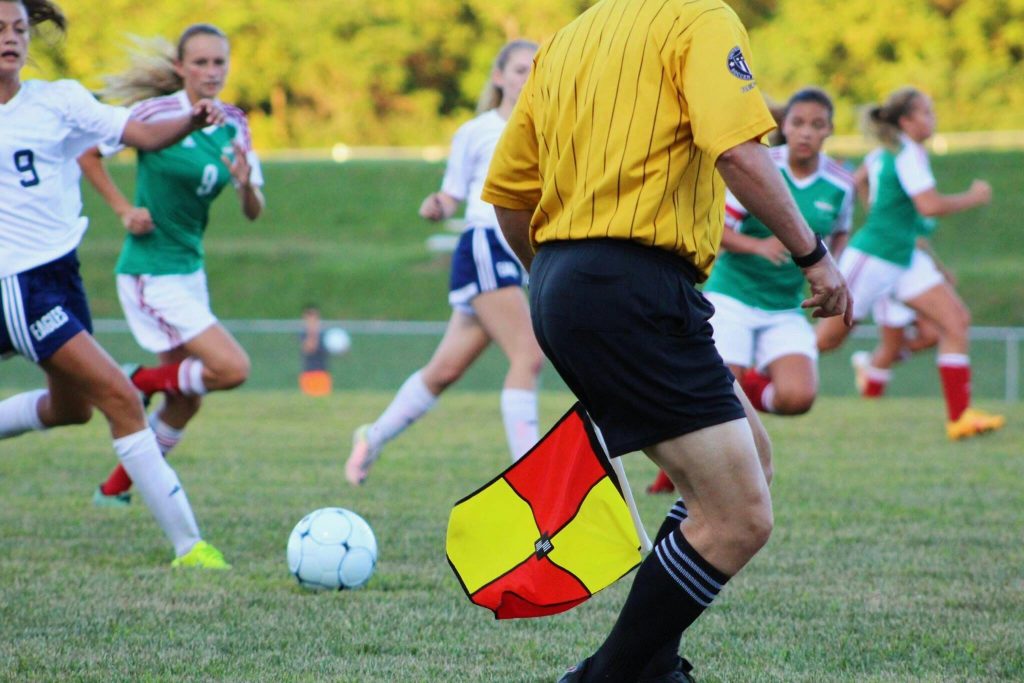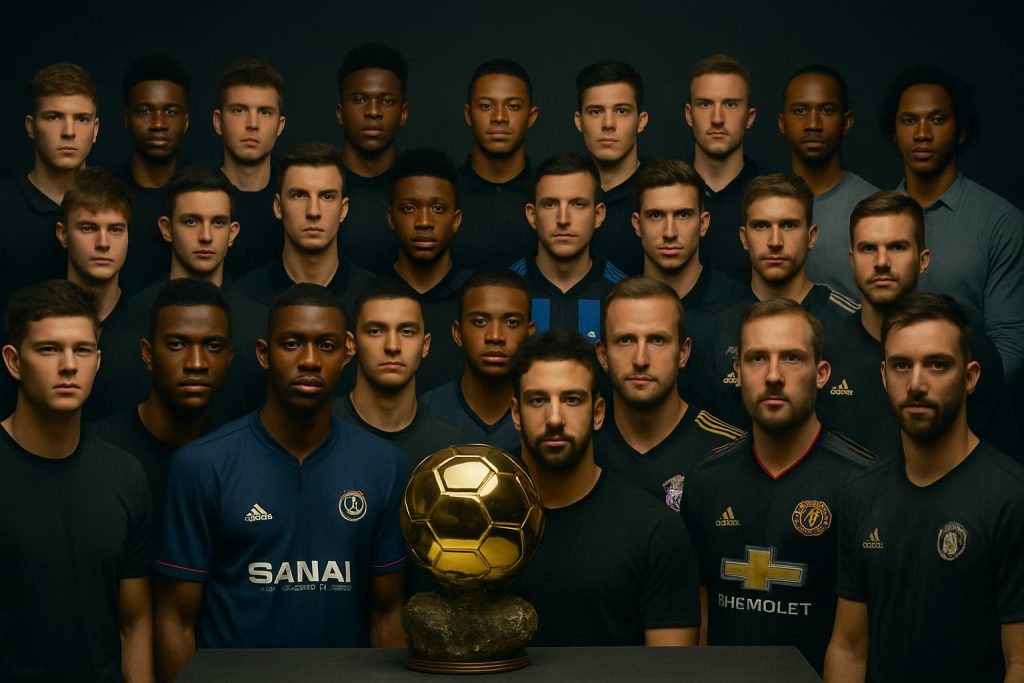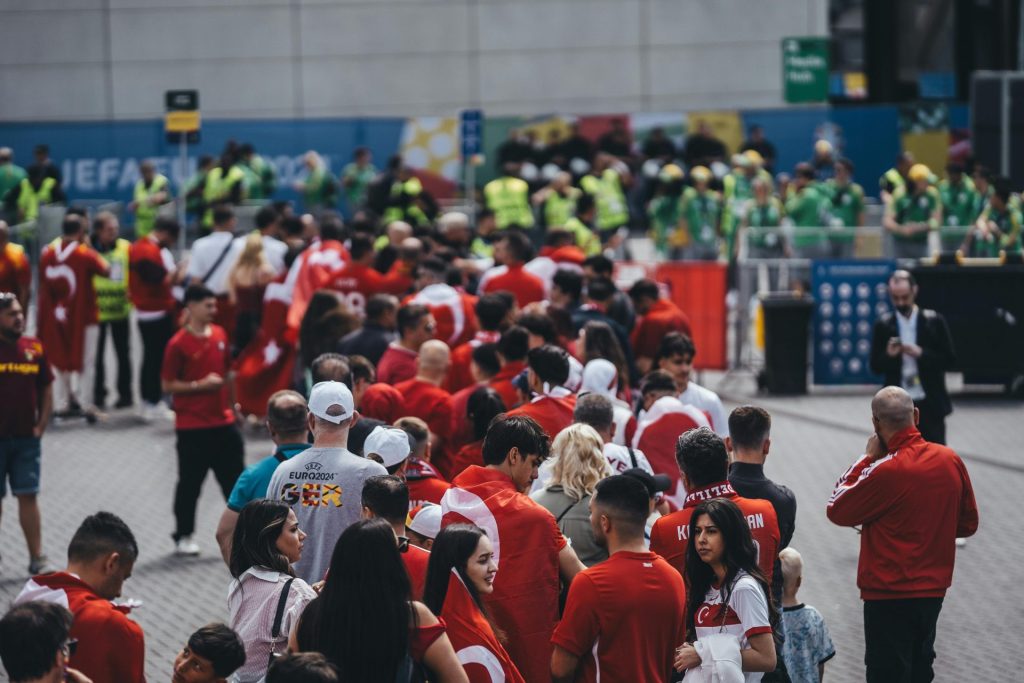Football referees play a crucial role in maintaining the integrity and fairness of the game. Their decisions can significantly impact the outcome of matches and shape the overall experience for players and fans. Despite their importance, the training and development of referees often receive less attention compared to players and coaches. This article explores the comprehensive process of training football referees, the challenges they face, and the evolving standards aimed at improving officiating in the sport.
The Pathway to Becoming a Referee
Becoming a football referee requires dedication, extensive training, and a deep understanding of the game. The pathway typically starts at the grassroots level and can lead to officiating at professional and international competitions. Here’s a step-by-step overview:
- Entry-Level Training: Prospective referees usually begin by taking a basic referee course offered by national or local football associations. These courses cover fundamental rules, officiating techniques, and the responsibilities of a referee. Trainees learn about positioning, signaling, and decision-making, with a focus on understanding the Laws of the Game as defined by the International Football Association Board (IFAB).
- Certification: After completing the entry-level course, candidates must pass a written exam and a fitness test to earn their initial certification. This certification allows them to officiate at amateur and youth levels. The fitness test typically assesses their ability to keep up with the play, including sprints and endurance runs.
- Gaining Experience: Newly certified referees gain practical experience by officiating local matches. This stage is crucial for developing on-field confidence, learning to manage players, and making quick decisions under pressure. Mentoring by experienced referees often accompanies this phase, providing valuable feedback and guidance.
- Advanced Training and Specialization: As referees progress, they can attend advanced courses and workshops focusing on higher-level officiating. These programs cover complex aspects of the game, such as managing high-stakes matches, understanding offside intricacies, and dealing with dissent. Some referees may also choose to specialize in specific roles, such as assistant refereeing or video assistant refereeing (VAR).
- Assessment and Promotion: Referees are regularly assessed by official observers during matches. Consistently high performance can lead to promotion to higher levels of competition, such as semi-professional or professional leagues. Promotions are based on factors like decision accuracy, game management skills, and fitness levels.
- International Certification: Top-performing referees may be nominated for the FIFA International Referees List, allowing them to officiate in international tournaments and fixtures. This prestigious recognition requires additional training and adherence to the highest standards of officiating.
Challenges Faced by Football Referees
Refereeing is a demanding role that comes with numerous challenges, both on and off the field. These challenges can test a referee’s skills, integrity, and resilience.
- Decision-Making Pressure: Referees must make split-second decisions in high-pressure situations, often with limited visibility and amid the noise of the crowd. Incorrect decisions can lead to intense scrutiny from players, coaches, fans, and the media. This pressure requires a high degree of mental fortitude and composure.
- Player and Coach Management: Managing the behavior of players and coaches is a critical aspect of refereeing. Referees must enforce the rules while maintaining control of the game, which involves dealing with dissent, simulation (diving), and aggressive conduct. Effective communication and conflict resolution skills are essential for handling these situations.
- Physical Demands: The physical demands on referees are significant. They must maintain peak fitness to keep up with the play, often covering as much ground as the players. This requires regular training, conditioning, and adherence to rigorous fitness standards, which can be challenging, especially for referees balancing other careers or commitments.
- Technological Integration: The introduction of technologies like VAR has added a new dimension to refereeing. While VAR assists in making accurate decisions, it also requires referees to adapt to new protocols and collaborate effectively with video officials. Balancing on-field decisions with video reviews can be complex and demands a thorough understanding of technology.
- Public Perception and Criticism: Referees often face harsh criticism and public scrutiny, particularly in the age of social media. Mistakes can be magnified, leading to personal attacks and questioning of their competence. This public pressure can impact referees’ confidence and mental well-being.
Evolving Standards and Training Innovations
The training and development of football referees have evolved significantly to address the challenges and demands of modern officiating. Innovations in education, technology, and support systems have enhanced the standards and effectiveness of referees.
- Enhanced Educational Programs: Modern referee training programs incorporate multimedia resources, including video analysis of match situations and simulations. These tools help referees understand real-world scenarios, improve decision-making skills, and learn from past games. Online courses and webinars have also expanded access to training, allowing referees to continue their education remotely.
- Fitness and Nutrition: There is a growing emphasis on the physical conditioning and nutrition of referees. Fitness programs tailored to refereeing needs focus on agility, endurance, and recovery. Referees receive guidance on maintaining optimal health, preventing injuries, and managing the physical demands of officiating at different levels.
- Mental Training and Support: Recognizing the mental pressures of refereeing, associations now offer psychological support and training in areas like stress management, concentration, and resilience. Access to sports psychologists and mental health resources helps referees cope with the emotional challenges of the role.
- Use of Technology: The integration of technology in training, such as VAR simulations and fitness tracking, has enhanced referees’ preparedness. Training camps often include VAR practice sessions, where referees learn to operate video technology and apply it in match situations. GPS and heart rate monitors are used to assess fitness and tailor training programs.
- Referee Academies and Mentorship: Many football associations have established referee academies and mentorship programs. These initiatives provide structured development pathways, mentorship from experienced referees, and opportunities for young referees to officiate in various competitions. This holistic approach ensures a steady pipeline of well-trained referees ready to officiate at higher levels.
- Diversity and Inclusion: Efforts to promote diversity and inclusion within refereeing have gained momentum. Associations are working to increase the representation of women, ethnic minorities, and individuals from different backgrounds in refereeing. Inclusive recruitment campaigns and support networks aim to create a more diverse and representative officiating community.
Conclusion: The Future of Refereeing
The future of football refereeing looks promising, with ongoing advancements in training, support, and technology. As the game continues to evolve, referees will play an increasingly crucial role in maintaining its integrity and excitement. Continuous innovation in training methods, coupled with a focus on mental and physical well-being, will ensure that referees are well-equipped to meet the challenges of modern football.
Efforts to enhance the perception and respect of referees, both on and off the field, are essential for the continued growth of the sport. By fostering a supportive environment and recognizing the critical role of referees, the football community can ensure that officiating remains a respected and integral part of the beautiful game.
- The 2025 Ballon d’Or: A New Era of Football Greatness - October 3, 2025
- Ballon d’Or 2025: Meet the 30 Men’s Nominees - August 7, 2025
- World Cup Qualifiers Explained – How Each Continent Competes for a Spot at the World Cup - June 10, 2025



